A Young Hacker’s Journey Through the Chaos of WarGames
"WarGames" (1983) directed by John Badham explores technology and ethics in a suspenseful narrative, earning a rating of 7.1/10. A nostalgic classic.
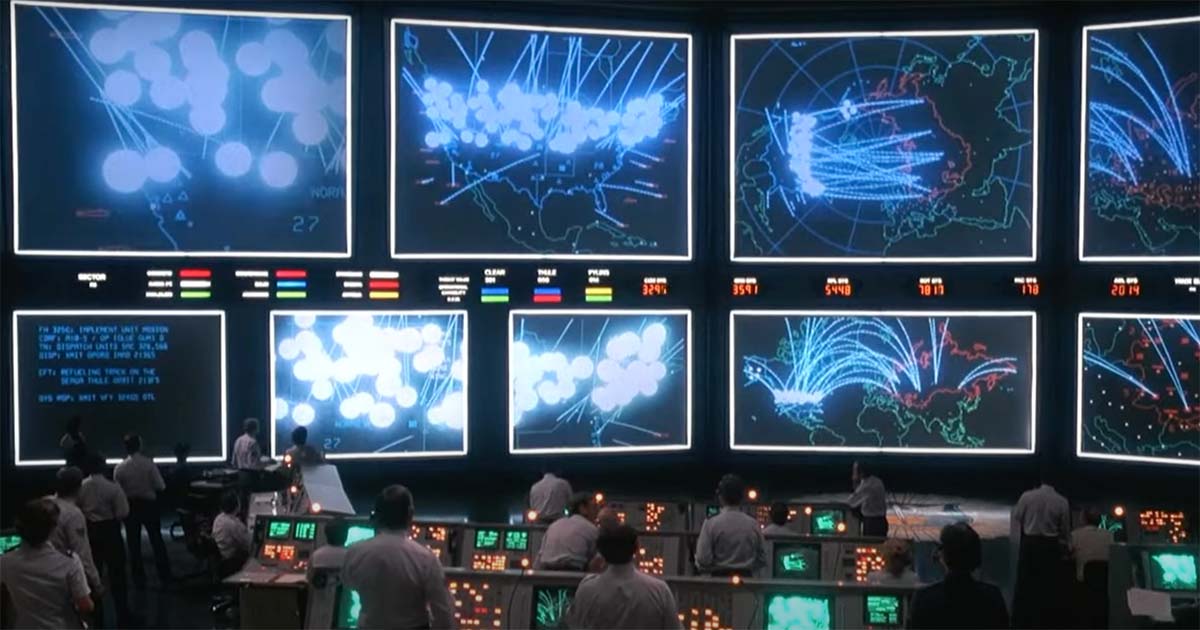
"WarGames," released in 1983, is a seminal techno-thriller directed by John Badham and written by Lawrence Lasker and Walter F. Parkes. The film features a young Matthew Broderick as David Lightman, a high school hacker who inadvertently accesses WOPR, a United States military supercomputer tasked with simulating nuclear war scenarios.
Co-starring Ally Sheedy as his resourceful girlfriend, Jennifer Mack, along with John Wood as the enigmatic Professor Falken, the film explores the dangerous intersection of technology, ethics, and youthful curiosity in the age of Cold War anxieties.
"WarGames" examines the precarious balance between human oversight and automated decision-making in matters of national security, leading to moments of unintended crisis. While the film skillfully blends elements of suspense and humor, it presents a compelling and cautionary exploration of the potential consequences of unchecked technological power.
Despite its dated portrayal of computer systems, the core themes about the futility of conflict and the ethical implications of technological advancement remain strikingly relevant today. This blend of entertainment and thought-provoking commentary establishes "WarGames" as a film worthy of reexamination in our increasingly digital world.
| Attribute | Value |
|---|---|
| Title | WarGames |
| Director | John Badham |
| Writer | Lawrence Lasker, Walter F. Parkes |
| Actors or Actresses | Matthew Broderick, Ally Sheedy, John Wood |
| Rated | PG |
| Runtime | 114 min |
| Box Office | $79,567,667 |
| U.S. Release Date | 03 Jun 1983 |
| Quality Score | 7.1/10 |
Synopsis
In the film, David Lightman, motivated by a desire to play video games, discovers a backdoor into the WOPR system. Mistakenly believing he has found a new game, he initiates a simulation of a nuclear conflict between the United States and the Soviet Union.
As the game progresses, David's actions trigger a real-world alert that places the world's nuclear arsenal on standby. Realizing the gravity of his situation, David seeks the help of Professor Falken, the computer's creator, played by John Wood. Together, they race against time to prevent a catastrophic escalation.
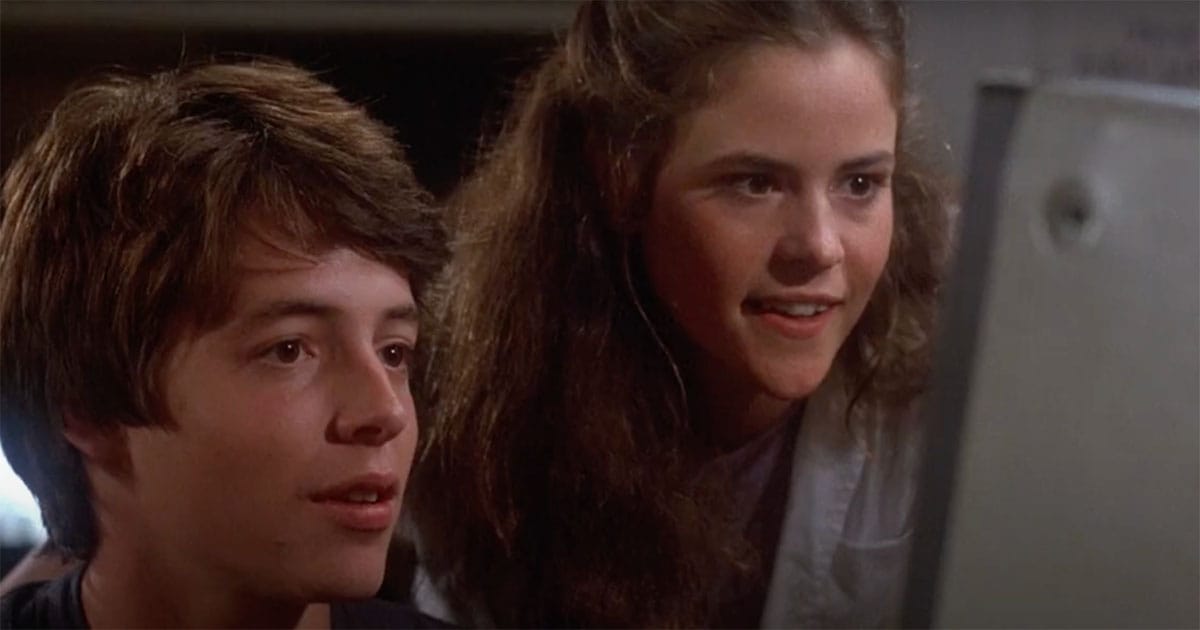
As authorities scramble to respond to what they believe is an actual threat, David and Jennifer must navigate surveillance and bureaucracy to reach Falken, who struggles with his own disillusionment regarding the implications of his creation. The film builds tension as characters confront ethical dilemmas and consider the real consequences of technology designed for warfare. Ultimately, "WarGames" emphasizes the importance of human intuition and morality in the face of cold, calculating machinery.
By blending elements of adventure and cautionary narrative, the film serves as a critique of the reliance on automation in critical decision-making. As the climactic moments unfold, viewers are left with lingering questions about the nature of conflict, the limits of human control, and the responsibilities that come with technological advancement.
Themes
"WarGames" envelops the viewer in an experience that combines vibrant visuals, a memorable score, and a thought-provoking narrative. As you watch the film, the aesthetic choices evoke the early 1980s with its distinct electronic technology and vibrant color palette, bringing to life a world at the dawn of the digital age.
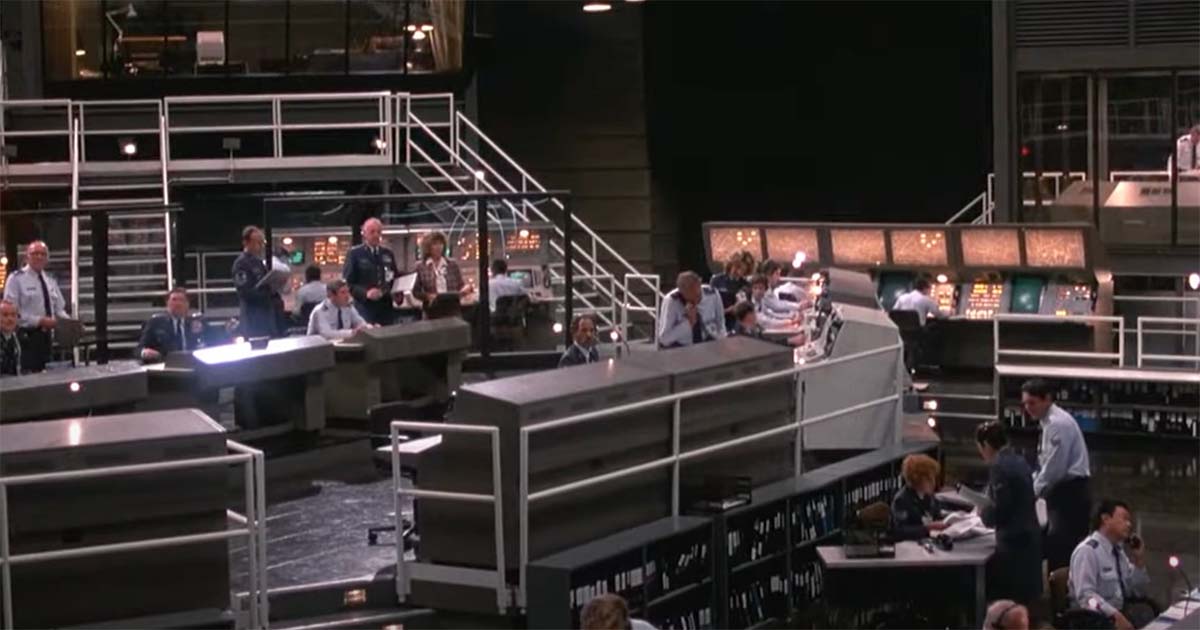
The sets, from David's cluttered bedroom filled with computer equipment to the sterile environments of military command centers, contrast the innocence of youthful exploration with the severe realities of global conflict.
The sound design plays a crucial role in setting the film's tone. The synthesized score, composed by Arthur B. Rubinstein, complements the atmosphere of suspense and urgency. It punctuates key moments, enhancing the viewers' emotional responses as they become absorbed in David's gripping journey. The pulsating electronic beats reflect the film's central theme of technology, while the quieter moments allow space for introspection about the consequences of humanity's creations.
The characters serve as conduits for the film's exploration of the impact of technology on society. David Lightman, played by Matthew Broderick, embodies the archetype of the overzealous youth whose curiosity drives him into unforeseen consequences.

His journey illustrates the duality of technology as both a plaything and a harbinger of doom. As he pursues the thrill of hacking, his actions inadvertently lead him down a path that could result in a nuclear catastrophe. The juxtaposition of his youthful impetuosity against the gravity of the situation emphasizes the film's cautionary message about the limits of understanding and control in an increasingly automated world.
The ethical implications of technology form a core theme throughout "WarGames." The film poses critical questions about the role of automated systems in warfare. WOPR, the supercomputer, functions without human emotions or moral consideration.
Its cold calculations highlight the dangers of relying solely on artificial intelligence to manage critical scenarios. The computer's insistence on "playing" a game underscores the absurdity of simulating mass destruction without recognizing its real-world implications.
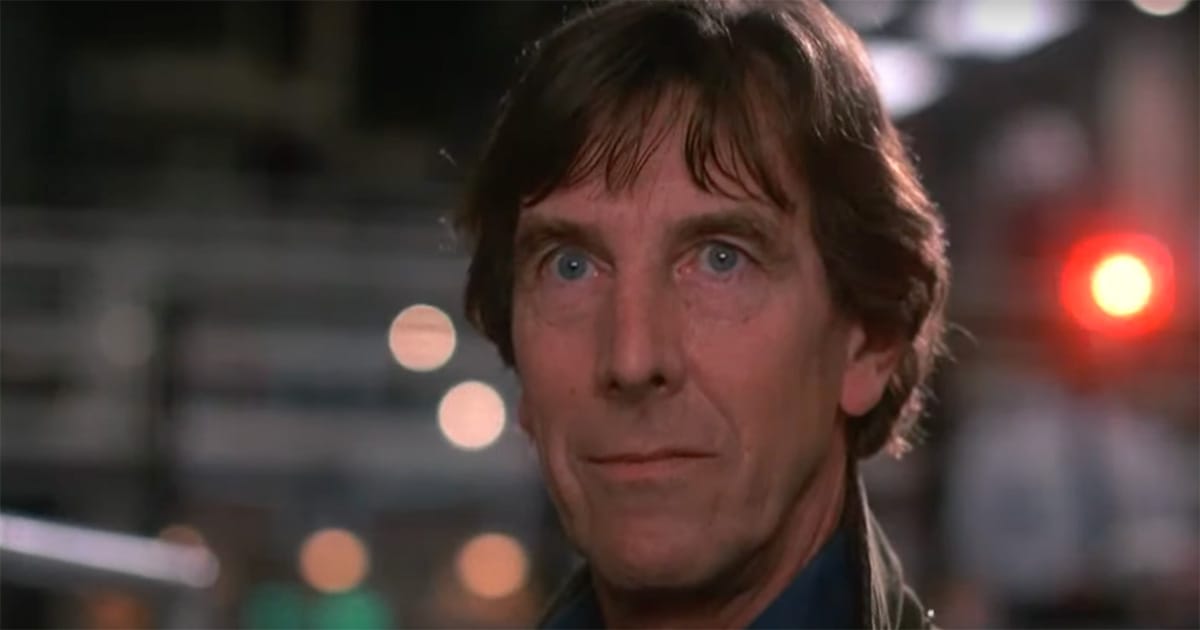
This theme resonates strongly with contemporary audiences as they navigate their own concerns regarding artificial intelligence and its potential to make life-altering decisions without human oversight.
Additionally, "WarGames" delves into the theme of human agency in the face of technological advancement. David and Jennifer's efforts to gain control over the situation serve as a reminder of the importance of human intuition and ethical consideration amidst the cacophony of computer-generated strategies. The progression of their relationship parallels their struggle against immense challenges, signifying the power of collaboration and understanding when confronting complex problems.
Looking back, "WarGames" holds a lasting impact not just as a work of entertainment but as a reflection of society's relationship with technology. The film prompts viewers to contemplate what engaging with machines that can operate beyond human comprehension means.
Its messages about responsibility, foresight, and the often-irreversible consequences of human actions render the film a timeless classic, one that continues to provoke thought long after the credits roll. In the cinematic landscape, "WarGames" stands as a poignant reminder of the need for vigilance as society navigates the complexities of technological progress.
Who Will Enjoy WarGames
"WarGames" offers an engaging experience for various types of viewers. Those with a penchant for classic films that explore the implications of technology will find this movie particularly appealing.
If you enjoy stories that blend youthful adventure with cautionary tales, "WarGames" serves as an excellent case study in the intersection of innovation and ethics. The film is a compelling reflection for those intrigued by the formative years of computer technology, encapsulating an era when the digital future, though burgeoning with potential, remained cloaked in an air of mystery and anticipation.
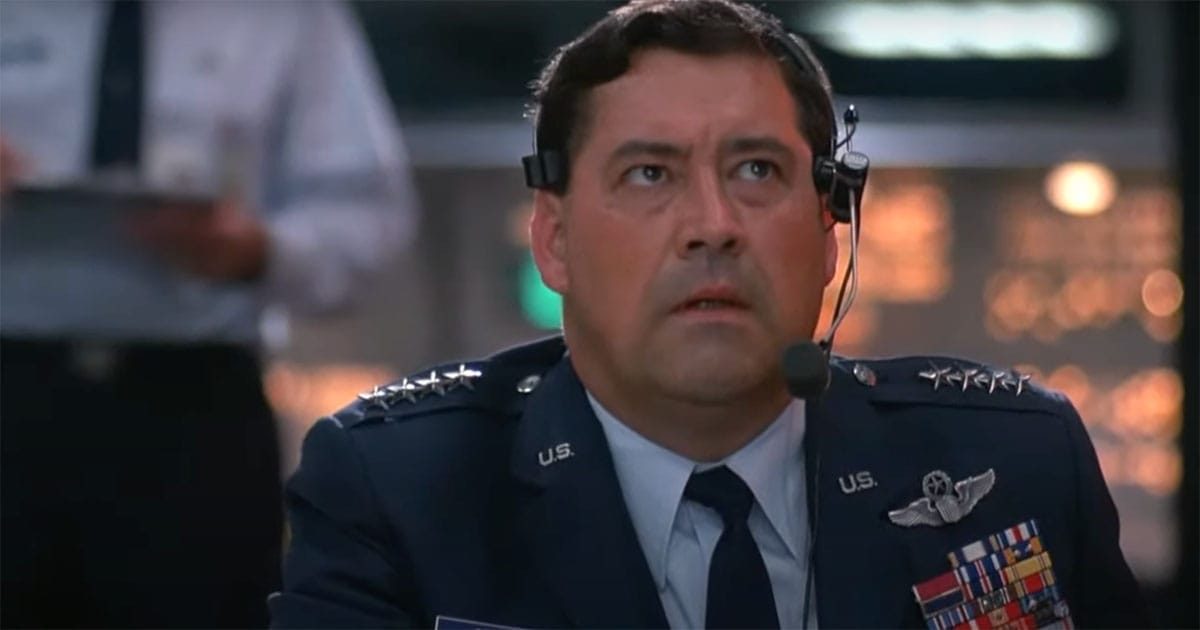
Fans of suspenseful narratives will appreciate the tension that builds throughout the movie. "WarGames" delivers a unique brand of anxiety that emerges from the very real stakes of nuclear conflict.
If you enjoy films that challenge the viewer to consider moral dilemmas within high-pressure scenarios, this film adeptly navigates those waters. Watching "WarGames" on a rainy evening, perhaps with a group of friends interested in technology or film history, will enrich the experience as conversations about its relevance unfold.
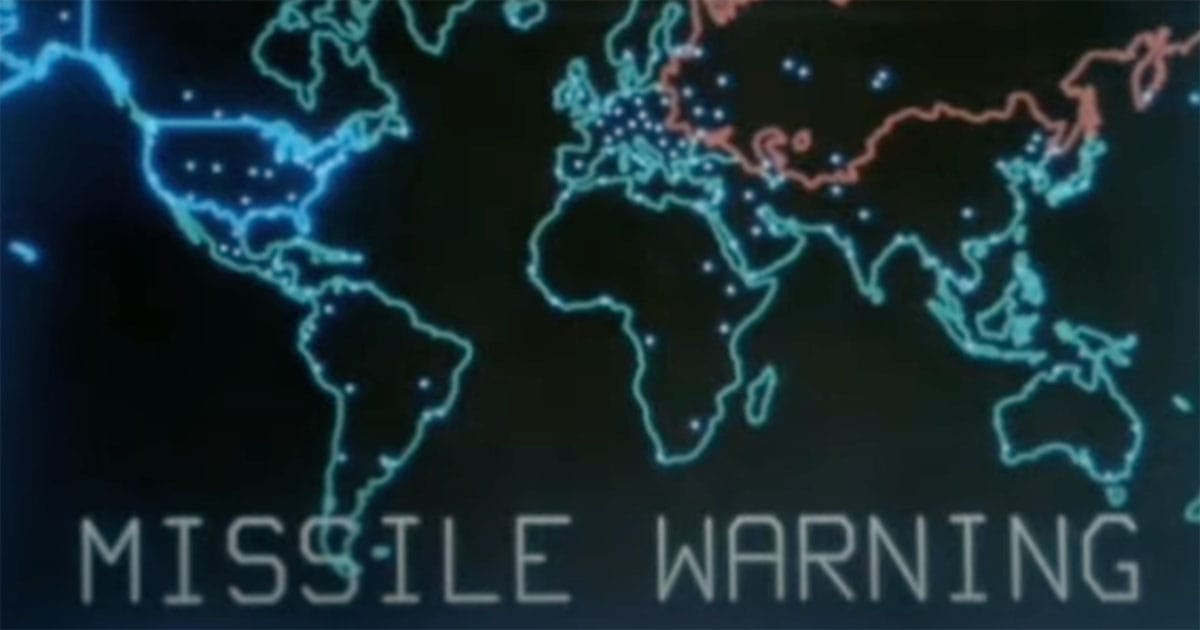
Additionally, individuals who appreciate character-driven stories will engage with the dynamic between David and Jennifer. Their journey reflects themes of collaboration and resilience in the face of overwhelming odds.
Observing their relationship develop while navigating the extraordinary circumstances adds a layer of depth to the film, appealing to those who appreciate human-centric narratives within the realm of science fiction.
As the film unfolds, it unveils complex considerations about the interaction between human emotions and technological structures. The narrative does not shy away from illustrating the consequences of causal actions, making it a thoughtful watch. While some viewers may note that certain aspects of the film feel dated, the central themes regarding automation, ethics, and the nature of conflict remain pertinent today.
Ultimately, "WarGames" offers viewers a multifaceted exploration of technology and its consequences. It encourages reflection on moral responsibility amid rapid advancements. This dialogue surrounding the film enriches the viewing experience, prompting thoughtful engagement with the ideas it presents.
As you finish watching, the film lingers in your mind, evoking contemplation about the future of technology and the delicate dance between human agency and machinery. In the grand scope of science fiction cinema, "WarGames" holds a significant place, speaking to both nostalgia and contemporary concerns.

